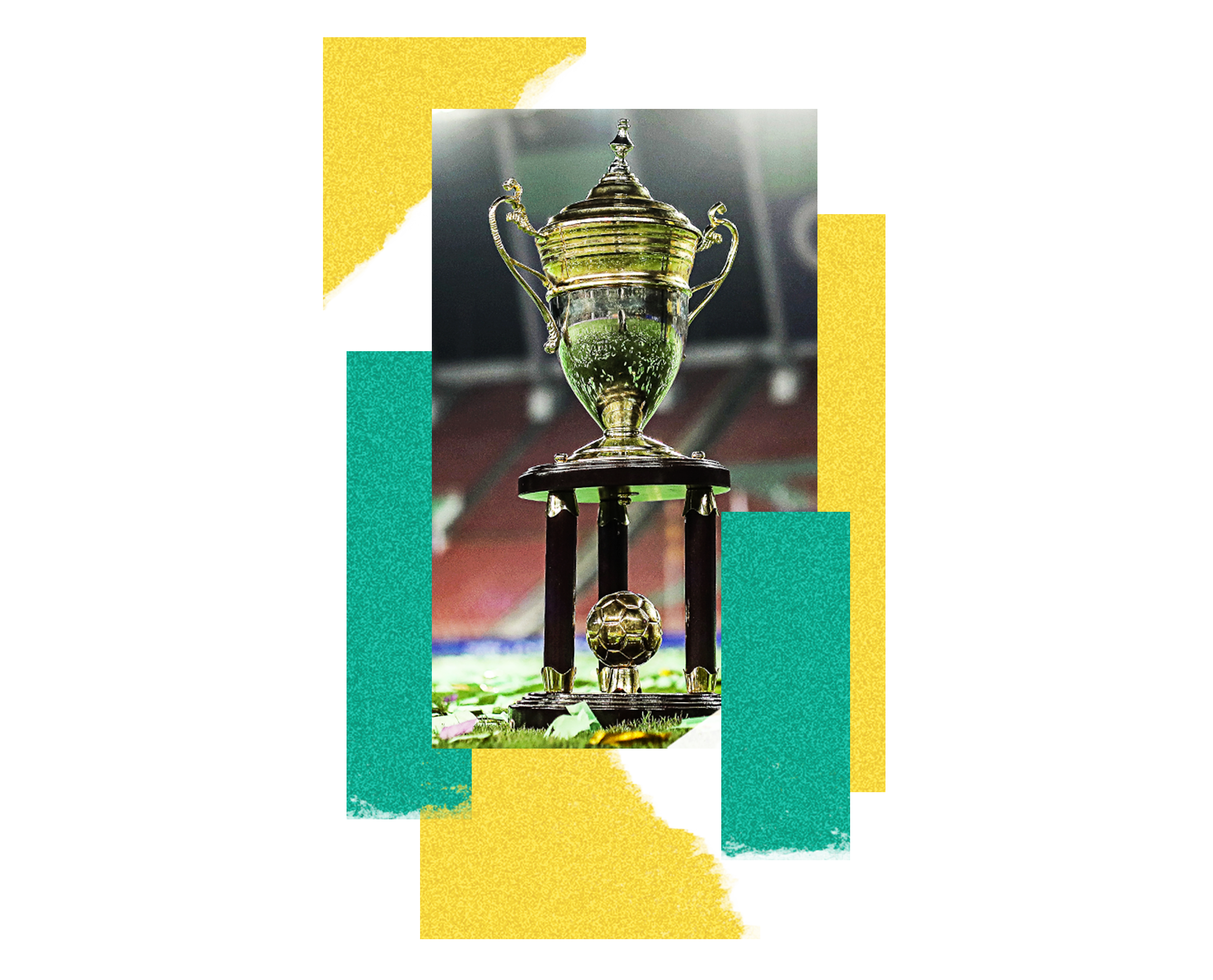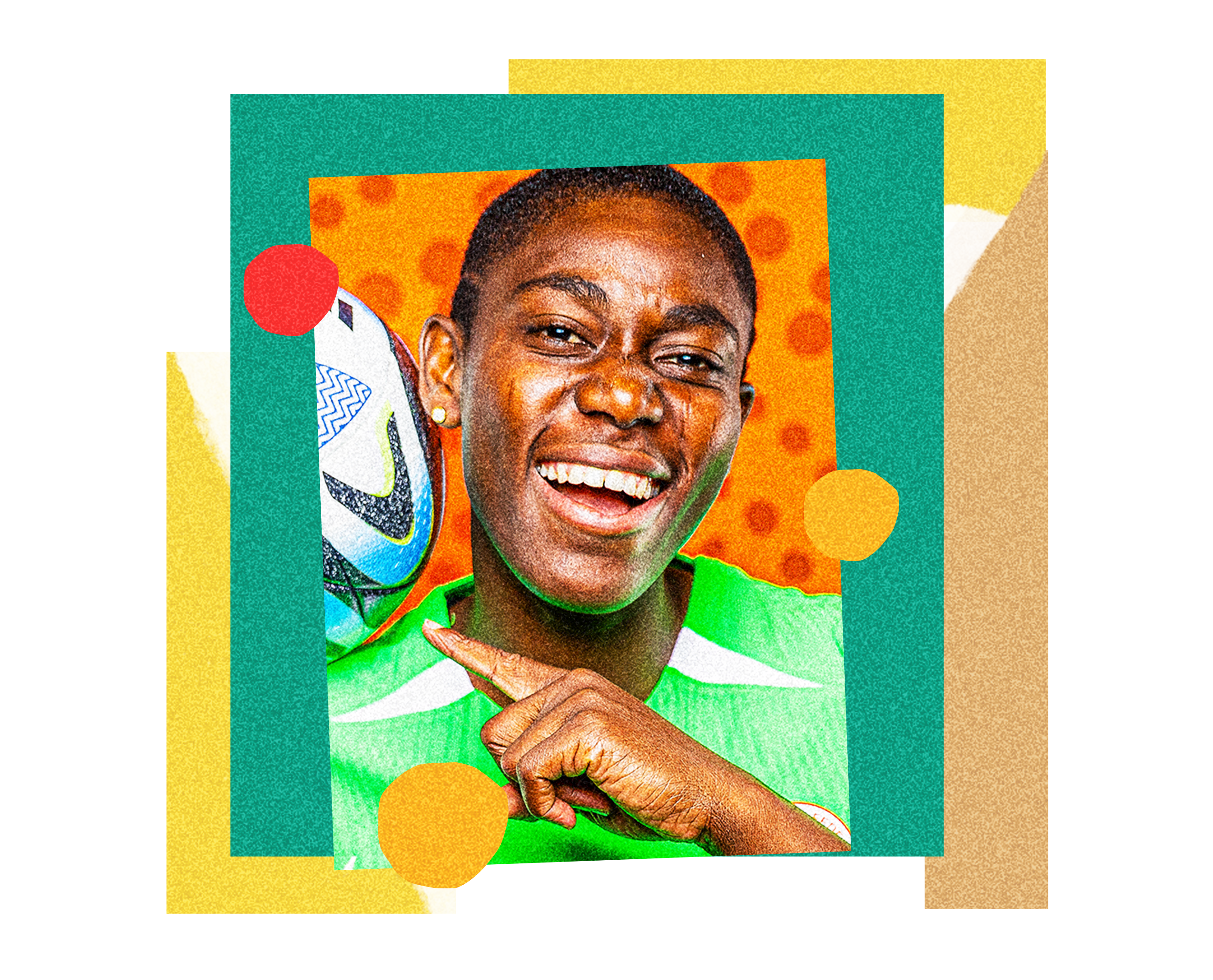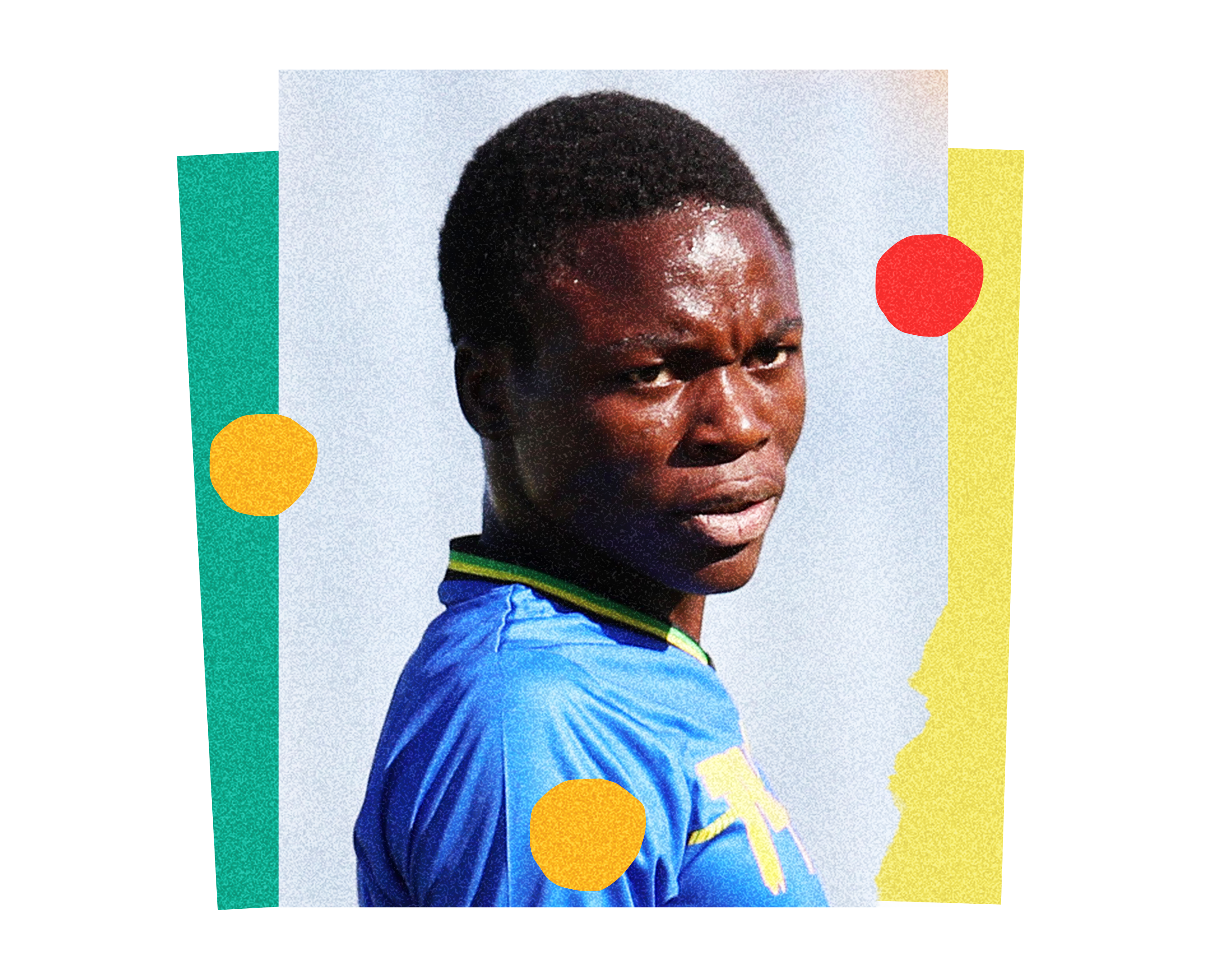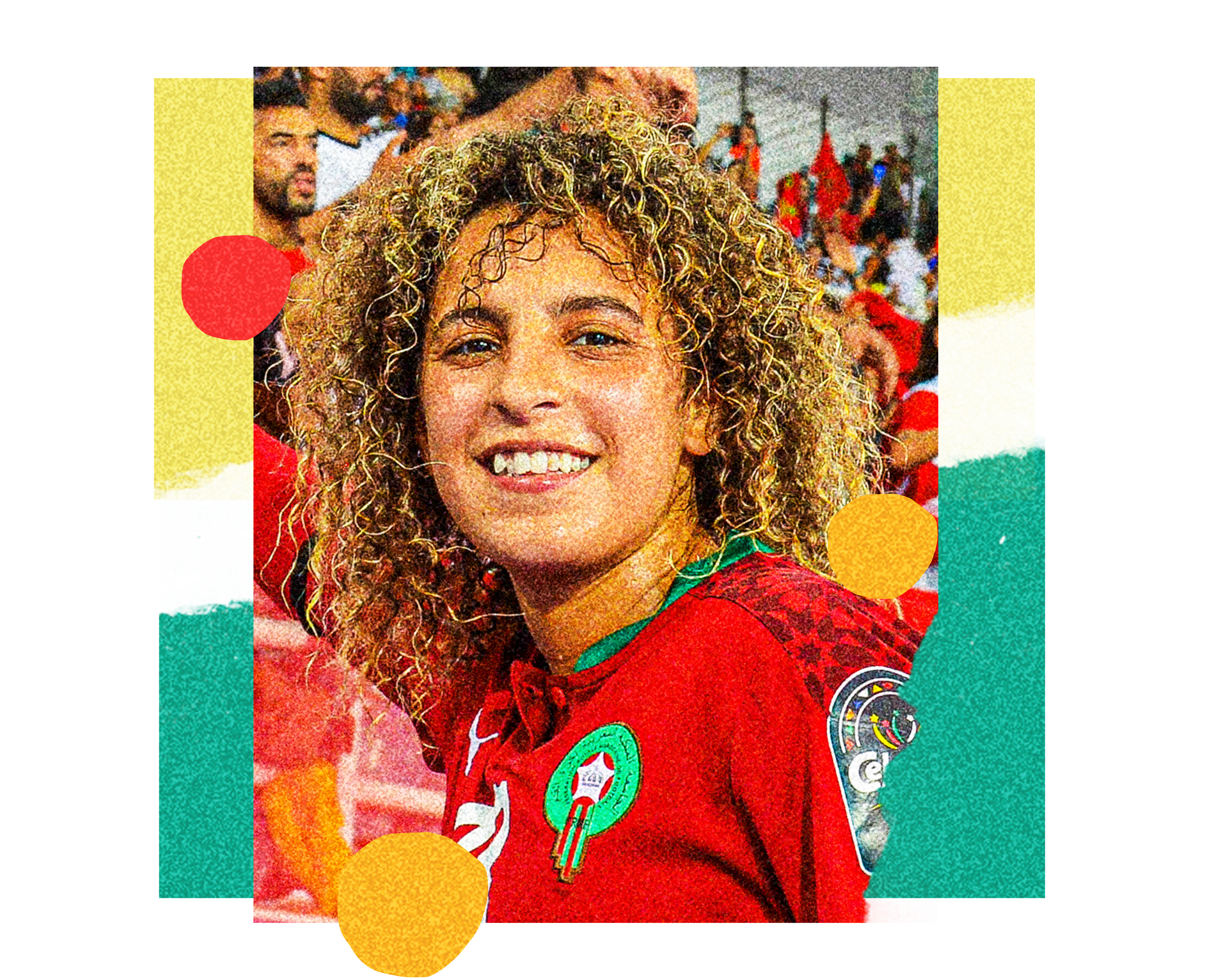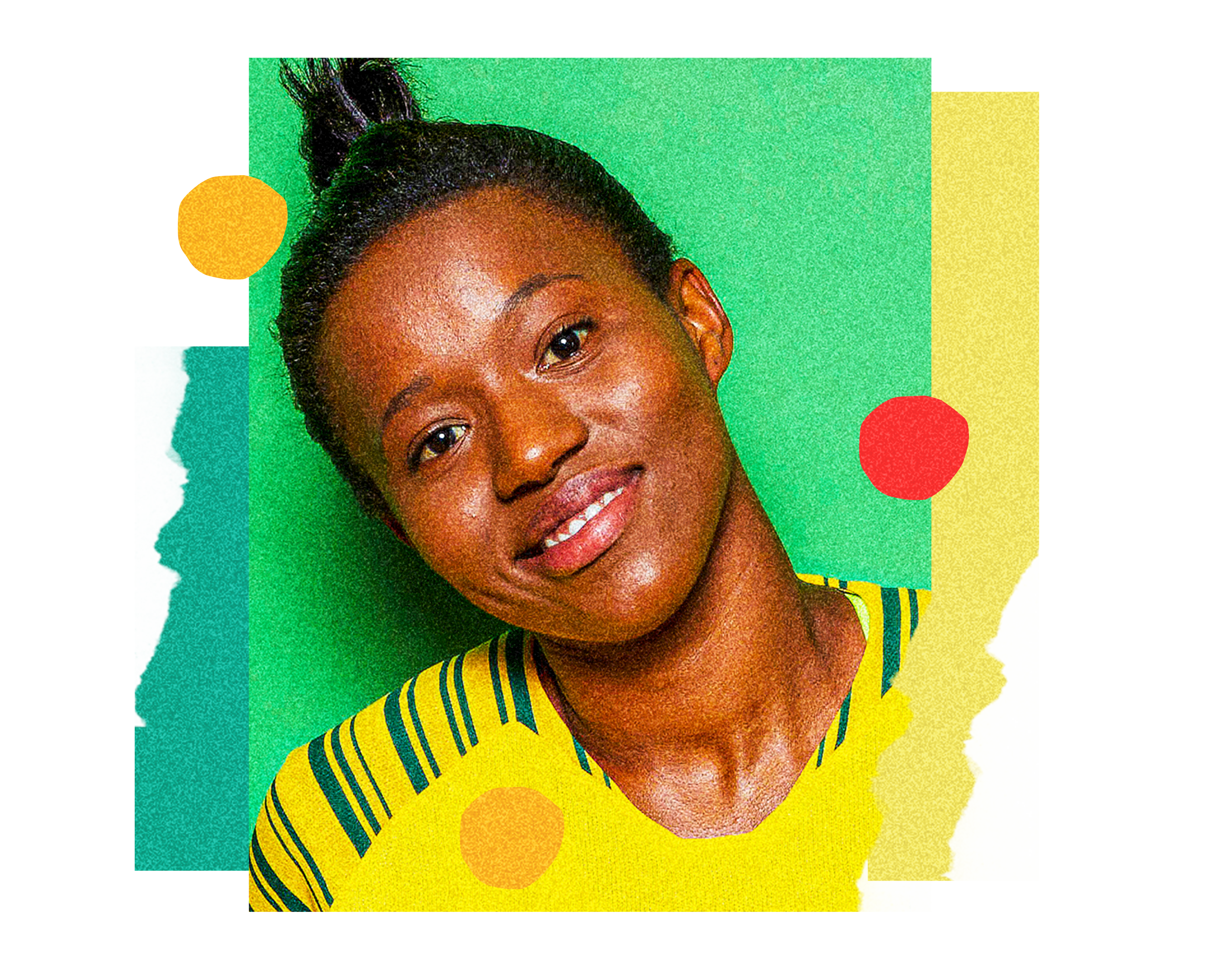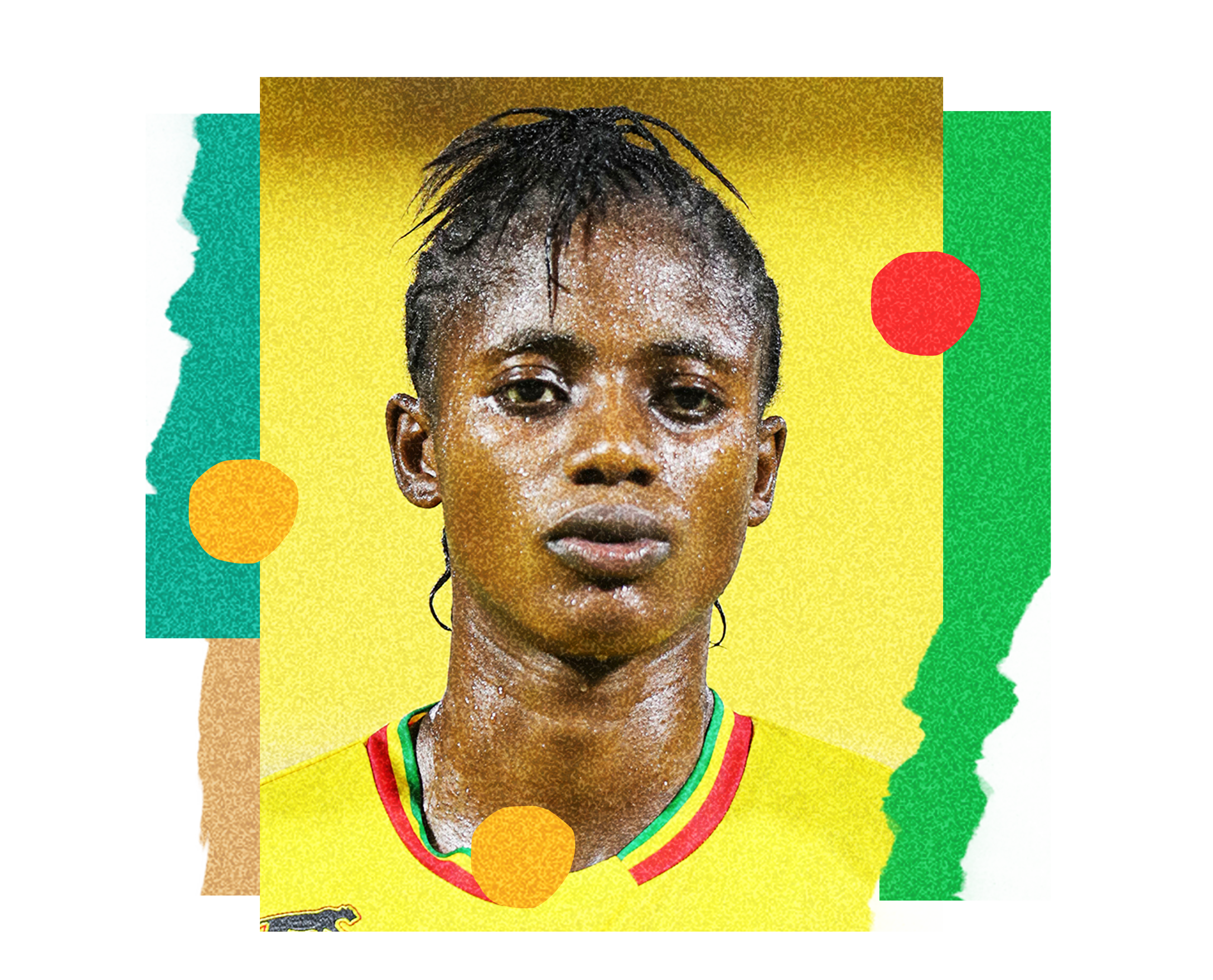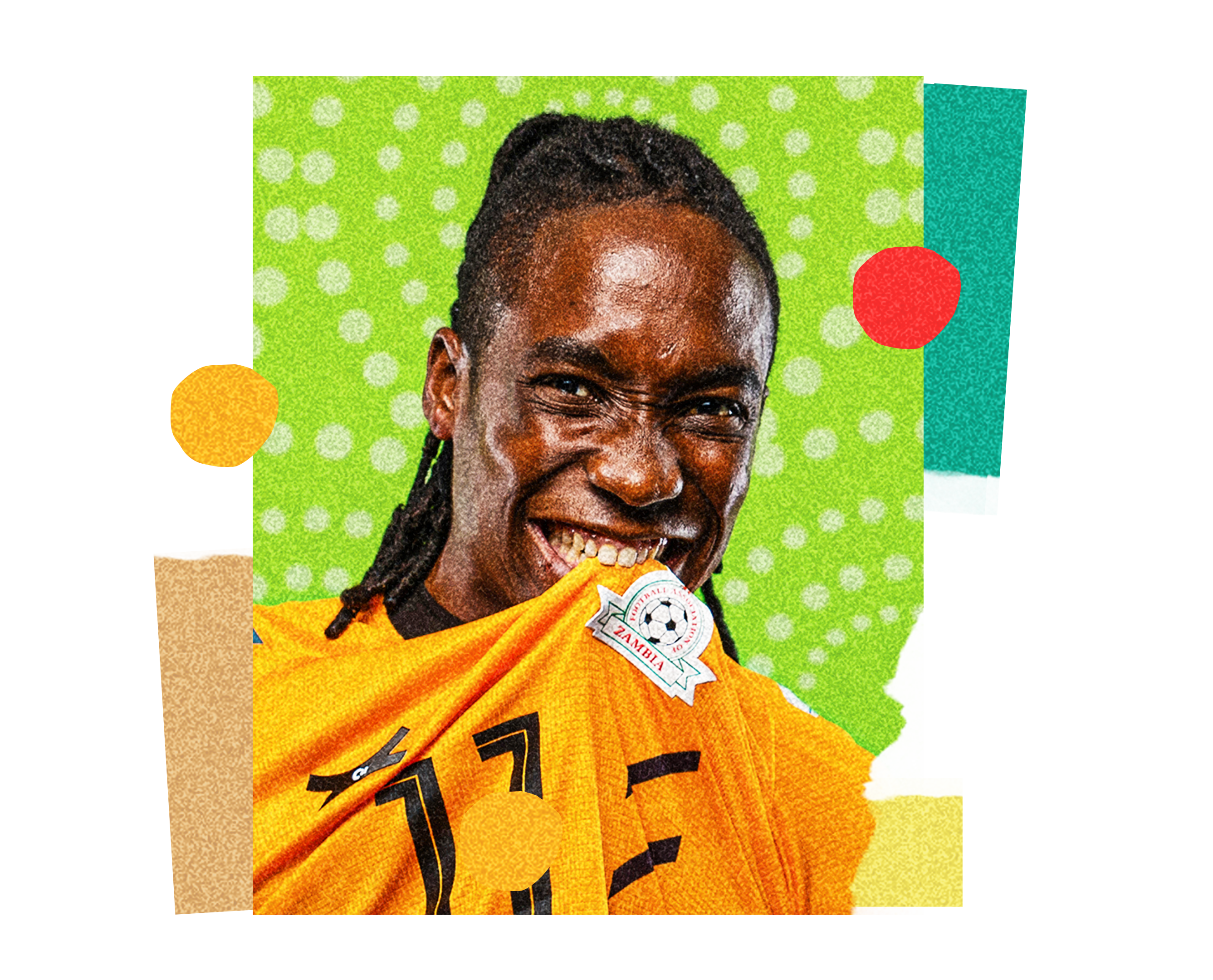Visual Guide to the Women’s Africa Cup of Nations in Morocco

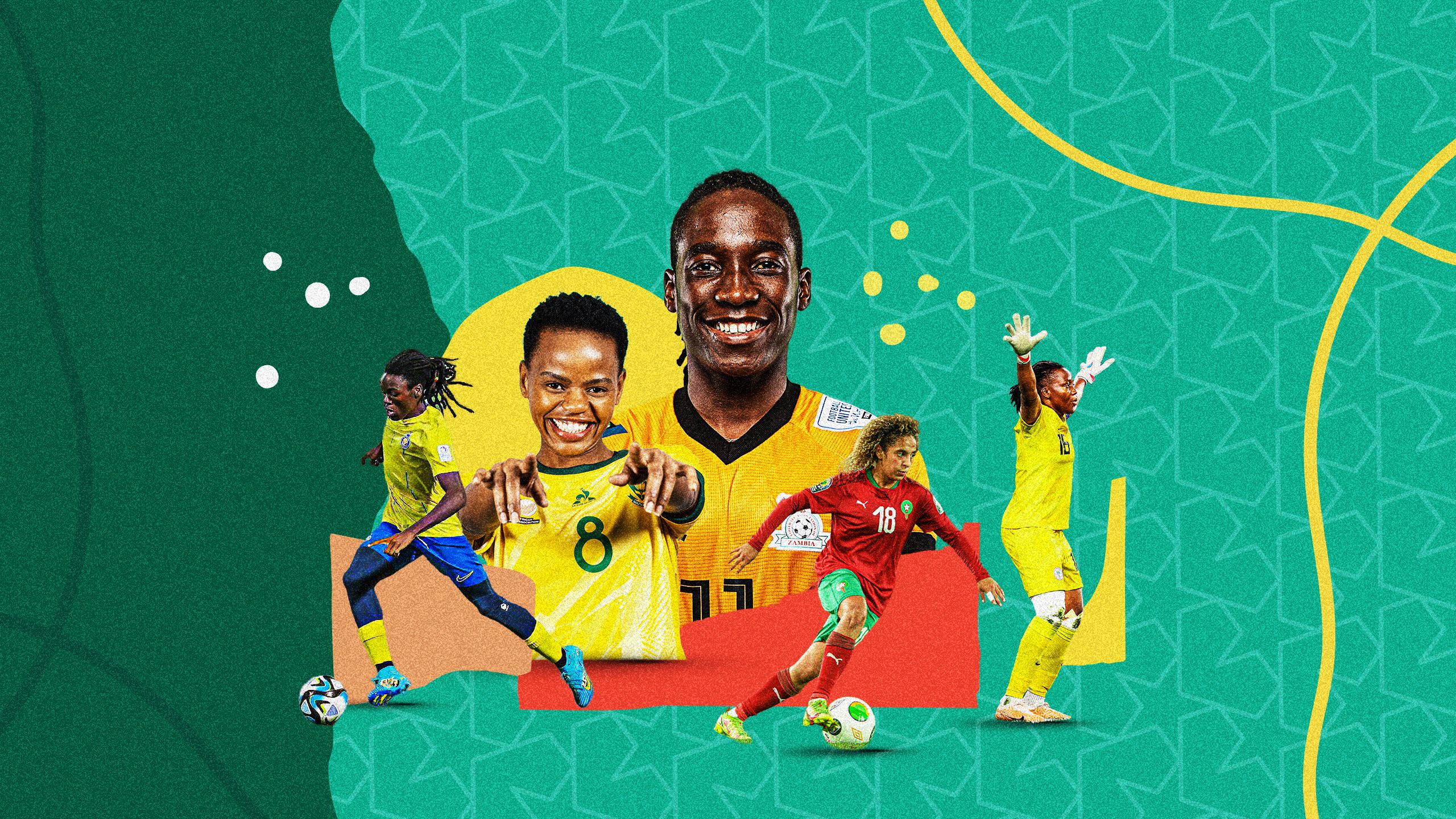
Visual Guide to the Women’s Africa Cup of Nations in Morocco


This will be the 15th time that Africa’s women battle it out to be crowned continental champions.
However, the history and formats of previous competitions are far from straightforward.
The 2024 Women’s Africa Cup of Nations (Wafcon) - which was postponed until this year because of scheduling problems - sees 12 nations compete for the title in Morocco, where 26 games will take place at six venues spread across five cities.
THE HISTORY
The inaugural African Women’s Championship was organised in 1991 to determine the continent’s sole qualifier for Fifa’s first ever Women’s World Cup. Eight teams were supposed to take part in a knockout format using home-and-away ties, but four nations withdrew and Cameroon reached the final without playing a game.
Nigeria thrashed the Indomitable Lionesses 6-0 on aggregate to become maiden champions of Africa. Four years later, the Super Falcons triumphed again by hammering South Africa 11-2 over two legs in the final.
However, those first two competitions are not traditionally considered part of Wafcon history (and are therefore not included in the statistics in this article). That begins in 1998 when the tournament became a biennial eight-team event held in one host country, with a group stage introduced.
Nigeria welcomed the continent for the first edition and reigned supreme - and no-one could topple the West Africans in 2000, 2002, 2004 and 2006 either. Only in 2008 were the Super Falcons finally dethroned by that year’s hosts Equatorial Guinea.
It was not until 2016 that the tournament changed its name to the Women’s Africa Cup of Nations, bringing it into line with the equivalent men’s competition.
The 2020 edition never took place because of the coronavirus pandemic. When an expanded Wafcon returned in 2022, now featuring 12 teams, a new winner appeared in the form of South Africa, who beat hosts Morocco to wipe away the hurt of four previous defeats in the final.
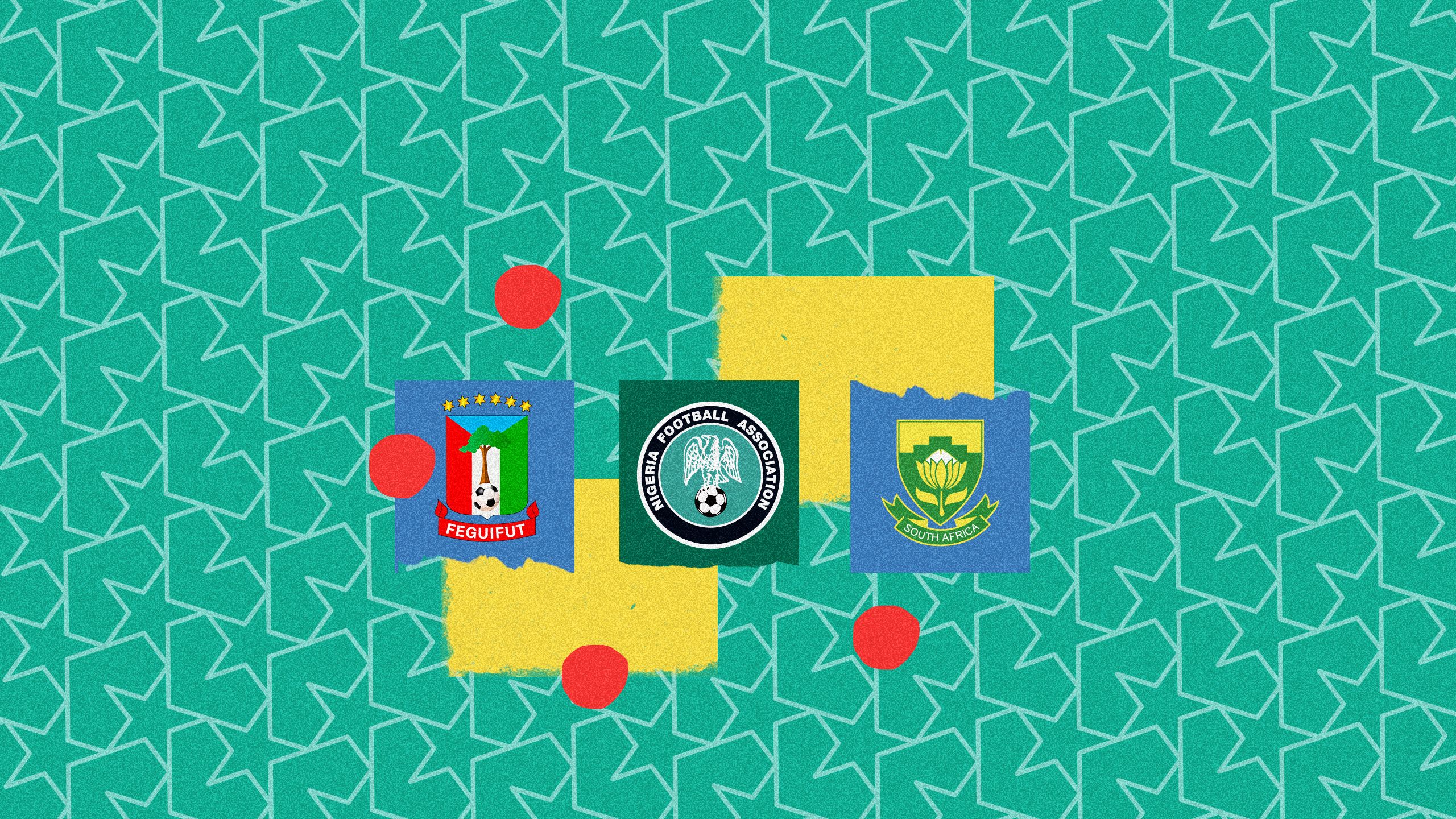
WINNERS AND RECORDS
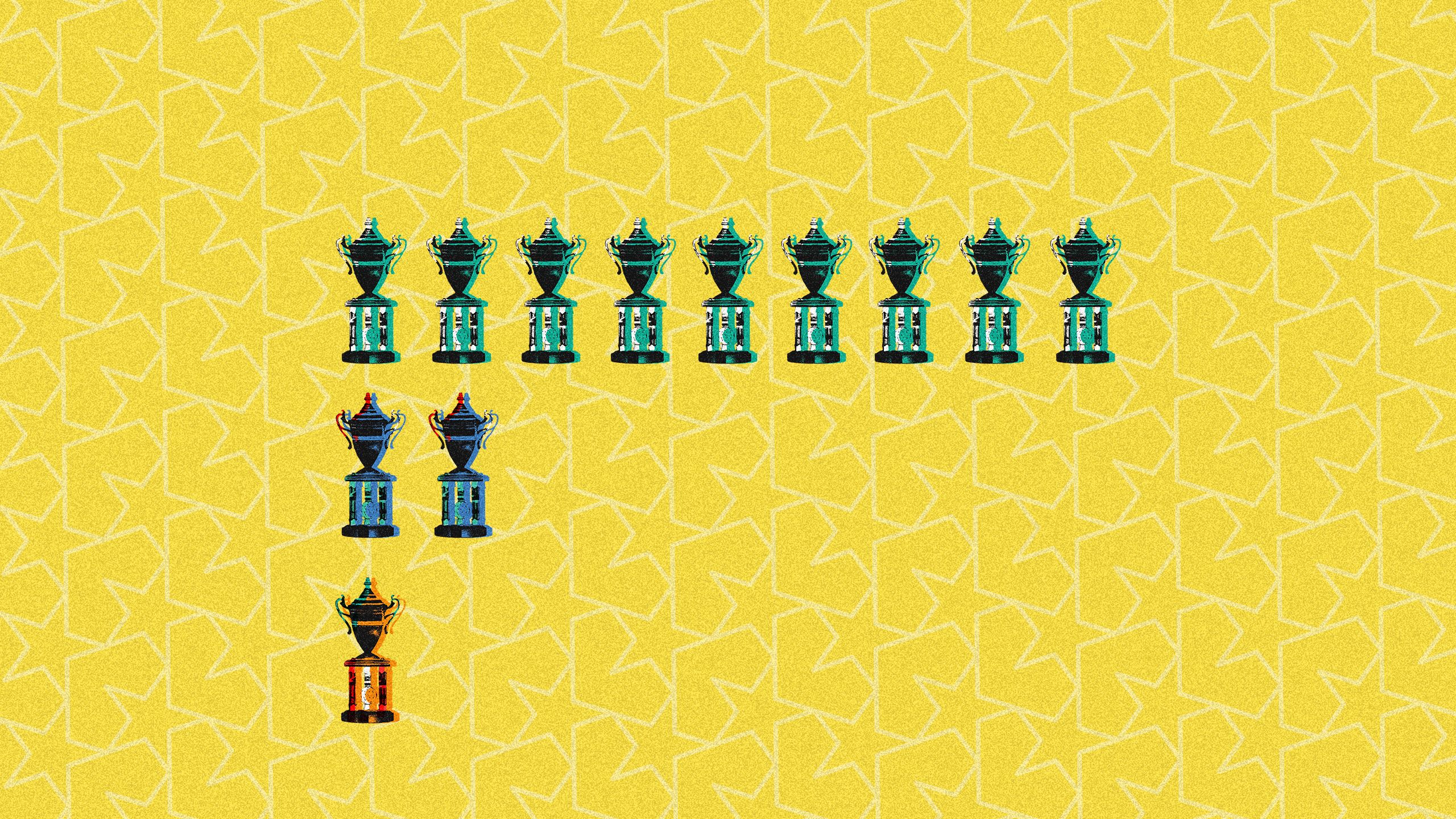

Only three nations have ever won Wafcon. Nigeria will be bidding for a 10th title in Morocco, while Equatorial Guinea have lifted the trophy twice (both times as hosts) and South Africa once.
Cameroon, Ghana and Morocco are the only other teams to have reached a final.
South Africa have finished as runners-up on four occasions, with Cameroon and Ghana having lost three finals apiece.
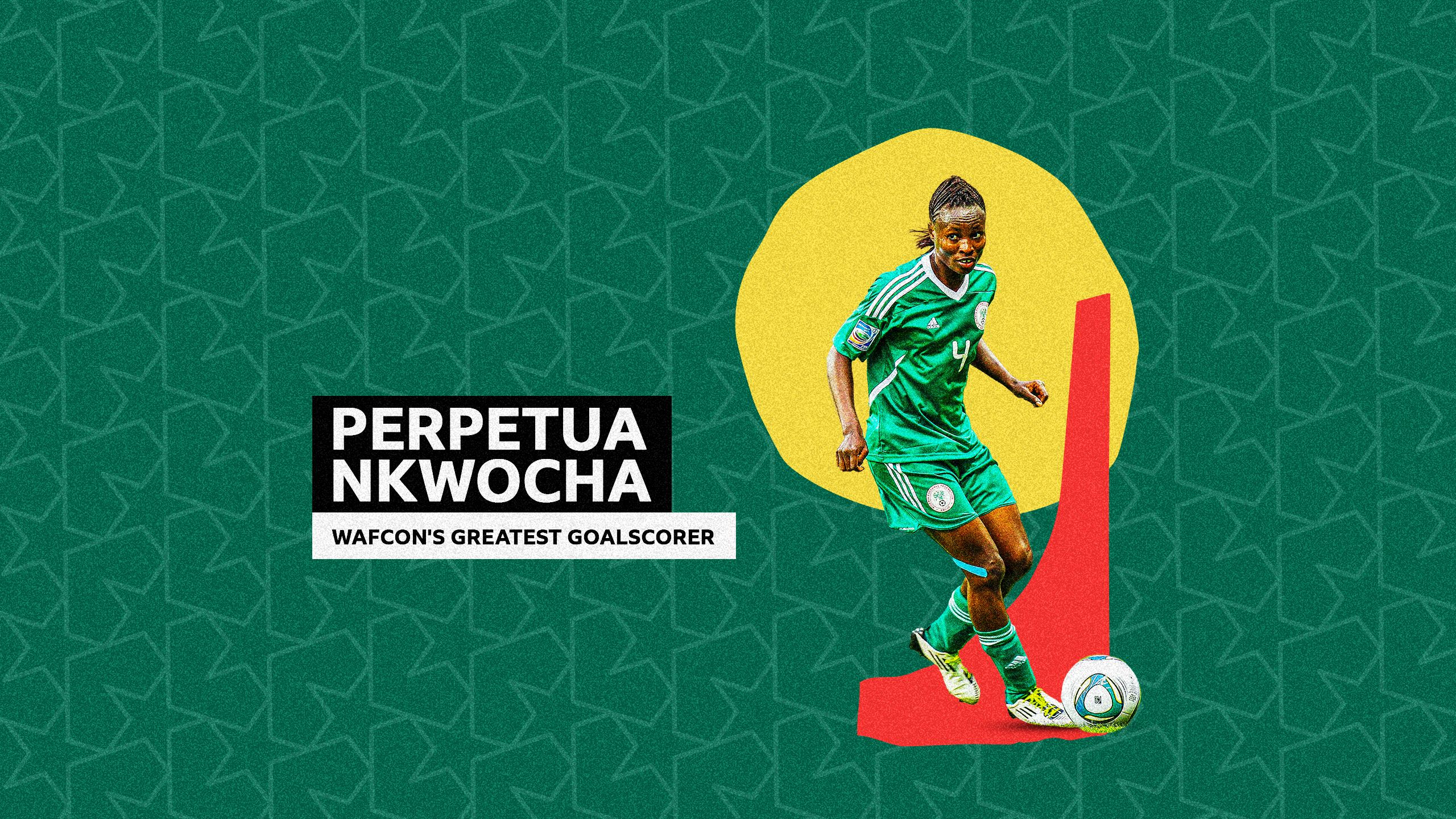
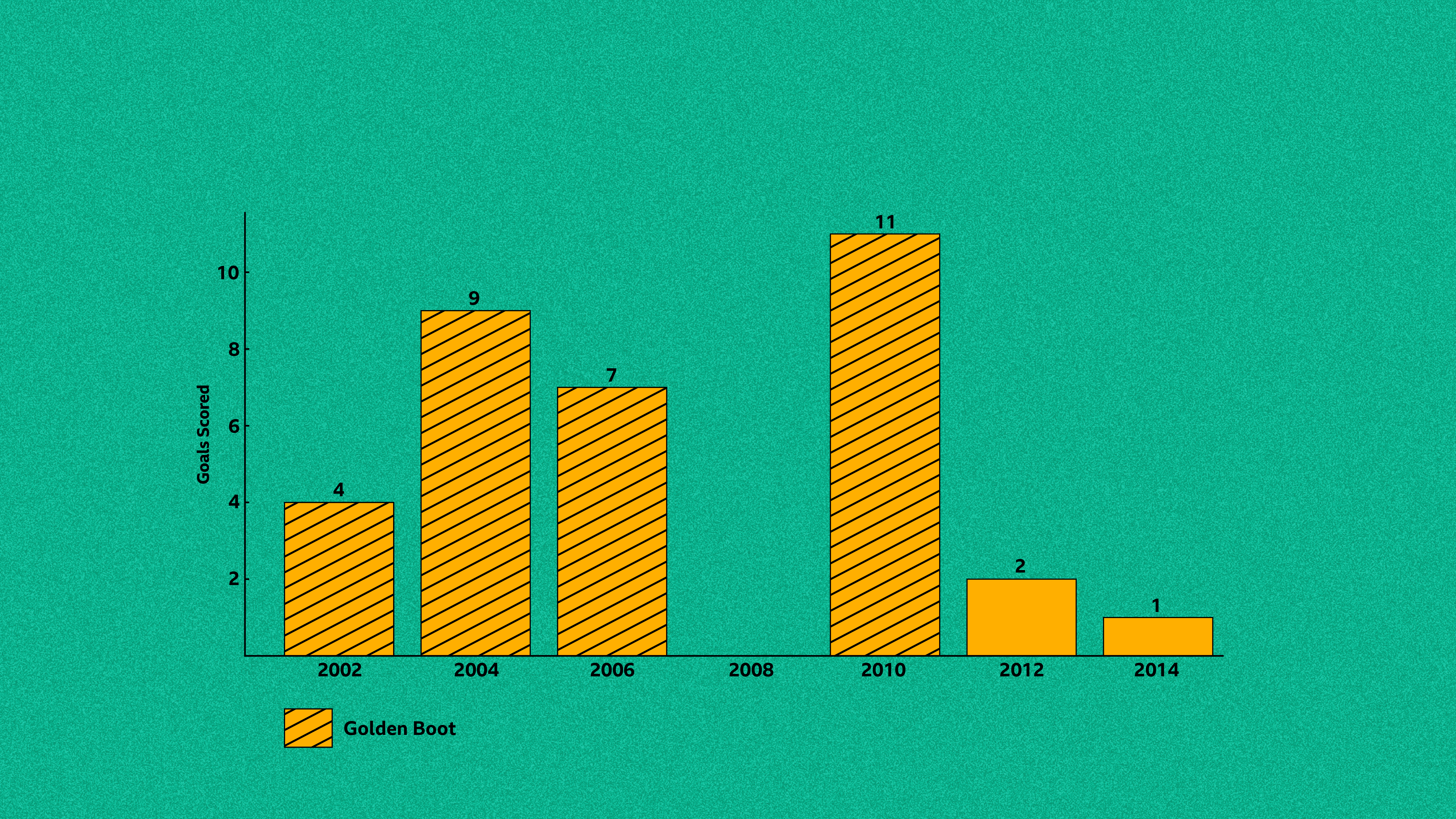
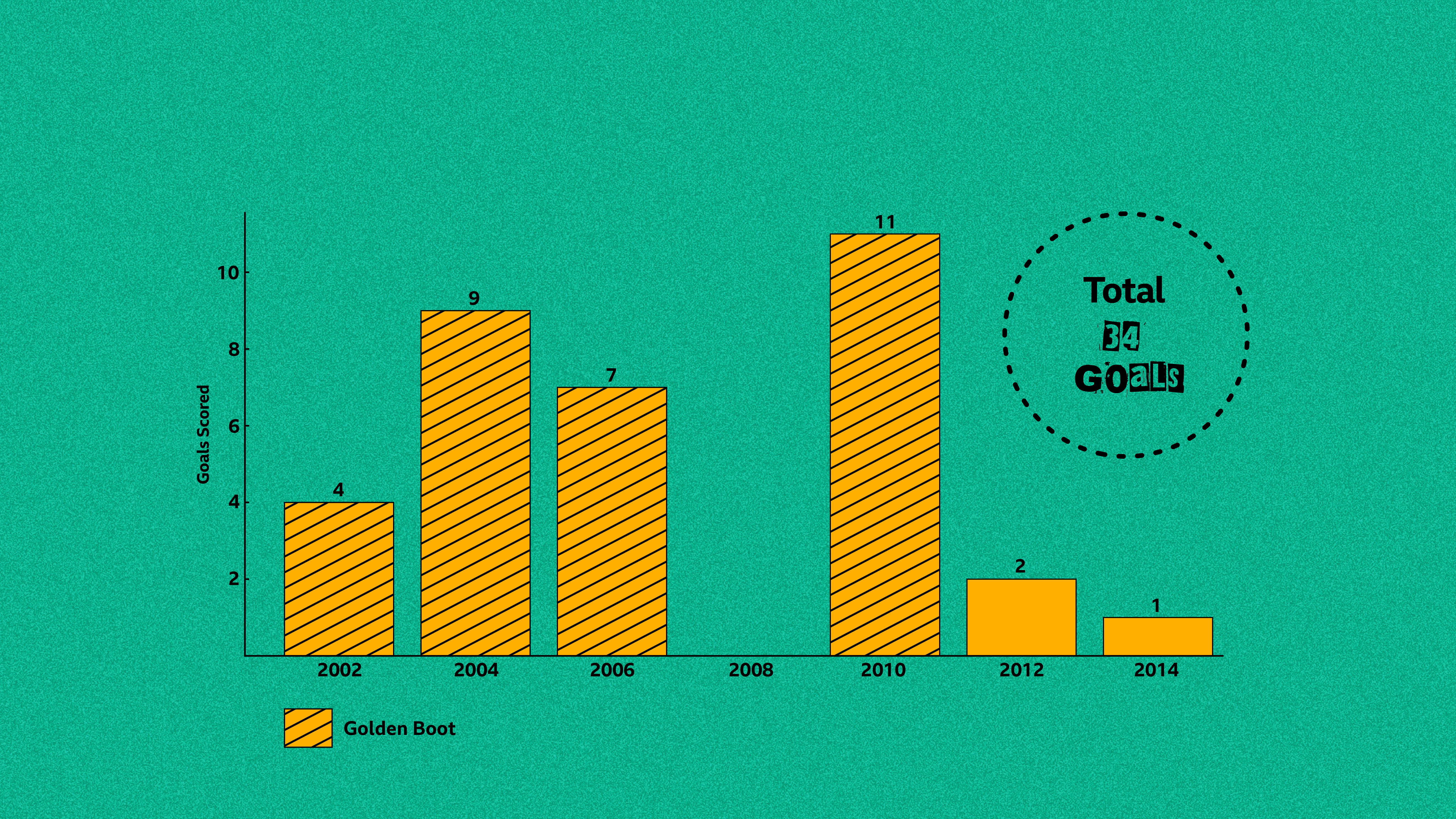
With 34 goals, Nigeria’s Perpetua Nkwocha is Wafcon’s all-time leading scorer. A four-time golden boot winner, her 11 goals in 2010 remains the record for a single tournament.
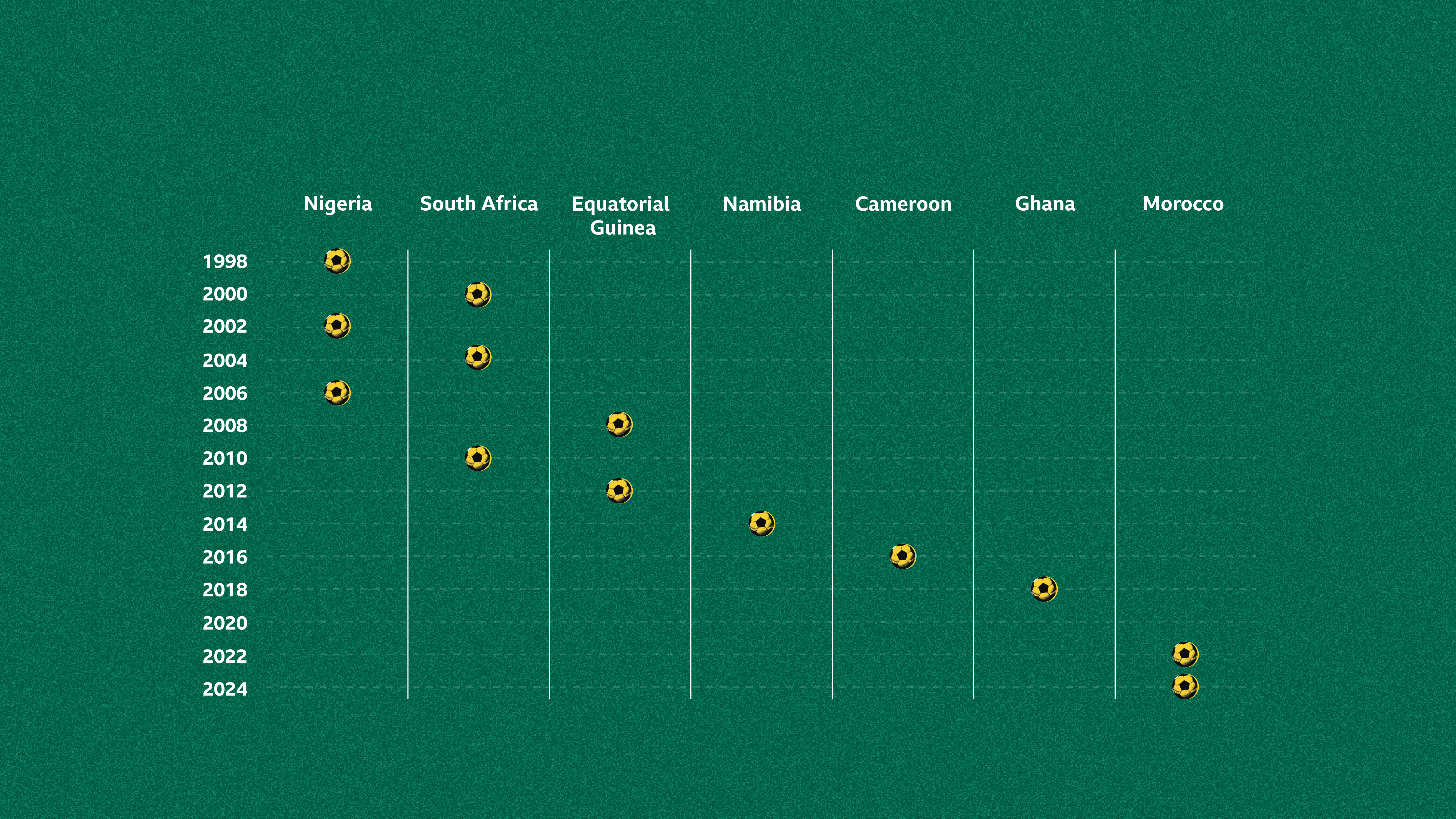
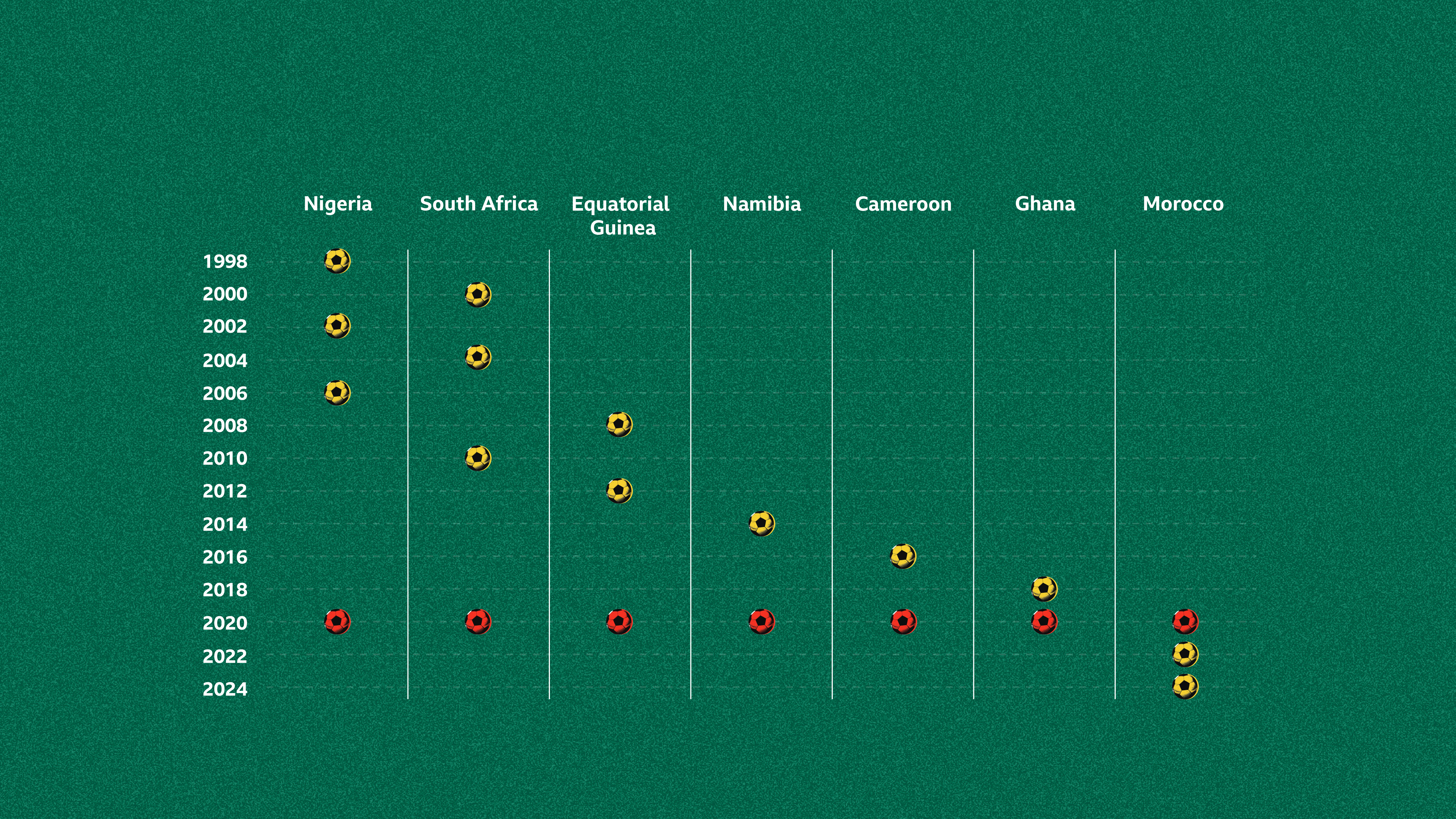
HOST NATIONS
2020 tournament cancelled because of Covid-19 pandemic.
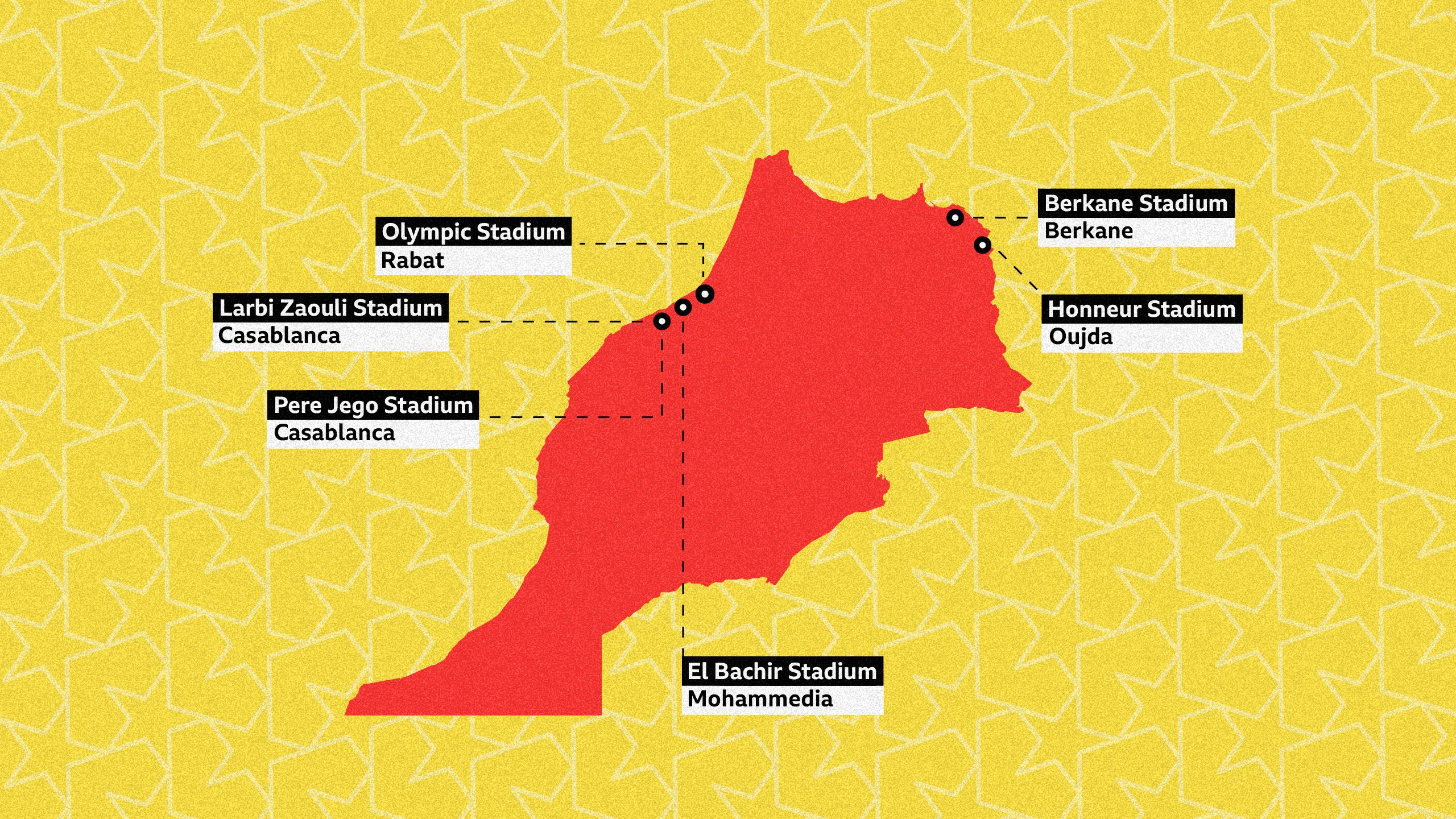

MATCH VENUES AND HOST CITIES
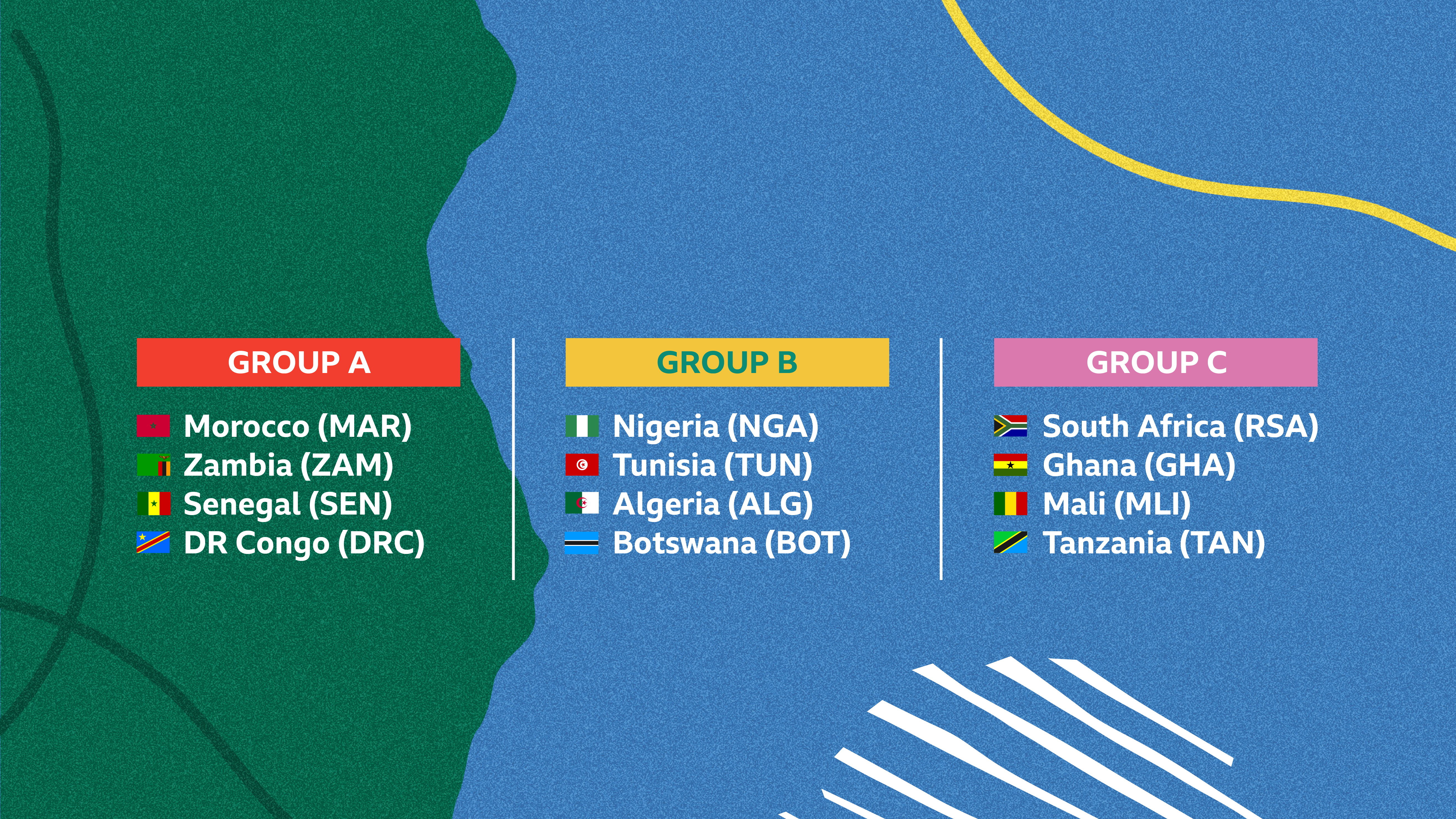


THE FORMAT
The group stage sees the 12 teams drawn into three groups of four.
The top two will advance to the quarter-finals along with the two best third-placed teams.
PLAYERS TO WATCH
Asisat Oshoala (Nigeria)
Now playing for Bay FC in the USA’s National Women’s Soccer League (NWSL), the 30-year-old striker brings a wealth of experience and a winning mentality to what will be her sixth Wafcon finals.
The six-time African women’s footballer of the year helped the Super Falcons to the continental title in 2014, 2016 and 2018, and since then has also lifted the European Champions League twice with Barcelona.
While not as prolific in front of goal since her move to the United States, Oshoala still exudes a superstar aura and is likely to be key in determining whether Nigeria can reclaim the Wafcon crown.
Clara Luvanga (Tanzania)
Luvanga is thinking big, having told the BBC that she wants to become the best player in Africa, and is already a two-time title winner in Saudi Arabia with Al-Nassr.
The 20-year-old striker certainly has the opportunity to learn from the very best, with both Cristiano Ronaldo and Sadio Mane on the roster for her club’s men’s side. Luvanga bagged 19 league goals last season, putting her fourth in the Saudi Pro League charts.
Scoring in all four of Tanzania’s Wafcon warm-up matches proves she has the poacher’s eye to go with her pace and power. Defenders will know about her ability to run in behind, but can they stop her?
Sanaa Mssoudy (Morocco)
The forward’s form in 2024 saw her named as the most valuable player at the African Women’s Champions League and pick up the award for the best inter-club player in Africa.
The 25-year-old was also named best player in the Moroccan top flight last season, playing an instrumental role in helping AS FAR to a 12th domestic title.
Mssoudy scored in both the quarter- and semi-finals at the last Wafcon. With her trickery on the ball, could she provide the inspiration as the Atlas Lionesses look to end their wait for continental glory?
Jermaine Seoposenwe (South Africa)
South Africa will be looking to the highly-experienced Seoposenwe for goals - especially after Thembi Kgatlana, golden boot winner at the 2018 Wafcon, pulled out of the squad for personal reasons.
Like Kgatlana, Cape Town-born Seoposenwe now plays her football in Mexico. The 31-year-old Monterrey forward will be one of the senior figures for Banyana Banyana, having made her debut against Zimbabwe back in 2010.
With more than 100 caps to her name, Seoposenwe has announced that she will retire from international football after Wafcon. She will have to find the back of the net regularly at her sixth finals if South Africa hope to defend their title.
Aissata Traore (Mali)
Netted four times in qualifying as the West Africans breezed past Central African Republic and Guinea to return to the finals for the first time since 2018.
The 27-year-old was the joint-top scorer for Fleury in France’s Premiere Ligue in 2024-25, with nine goals, as the club finished just outside the European qualification places.
Part of the Mali squad which finished fourth on their most recent Wafcon appearance, Traore forms a potent strike partnership with Paris St-Germain’s Agueicha Diarra. Both will hope to repeat the rich vein of scoring form they enjoyed in qualifying.
Barbra Banda (Zambia)
Banda is, quite simply, a goal machine.
With 10 strikes spread across the Tokyo and Paris Games, she is Africa’s all-time leading scorer - male or female - in Olympic football, while the reigning BBC Women’s Footballer of the Year finished second in the NWSL standings last season, grabbing the crucial goal to give Orlando Pride a 1-0 victory in the Championship final.
However, the 25-year-old striker is yet to score at Wafcon, having missed the 2022 finals. Second on the list of Africa’s most expensive female players, Banda will be keen to fix that in Morocco.

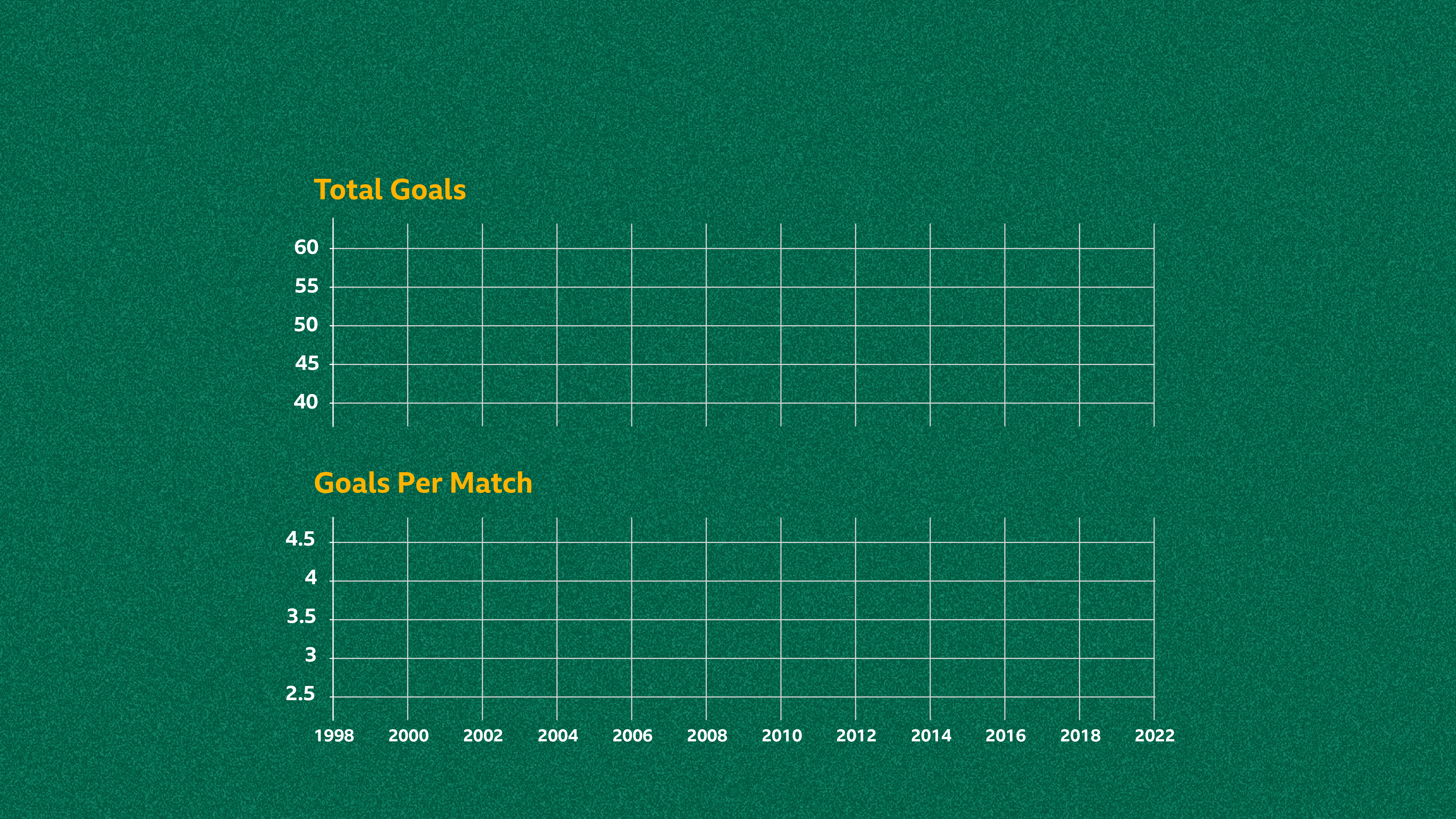
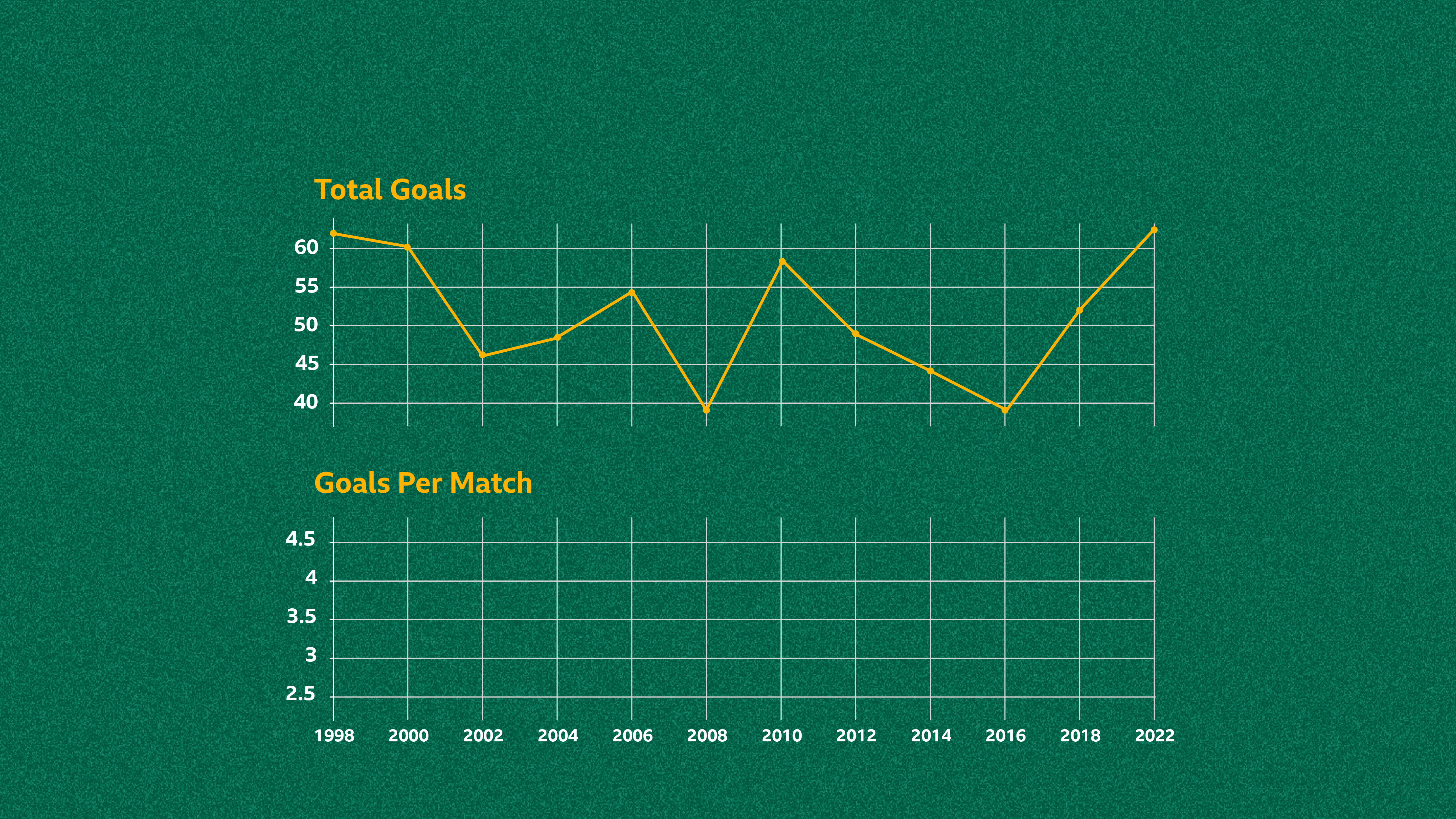
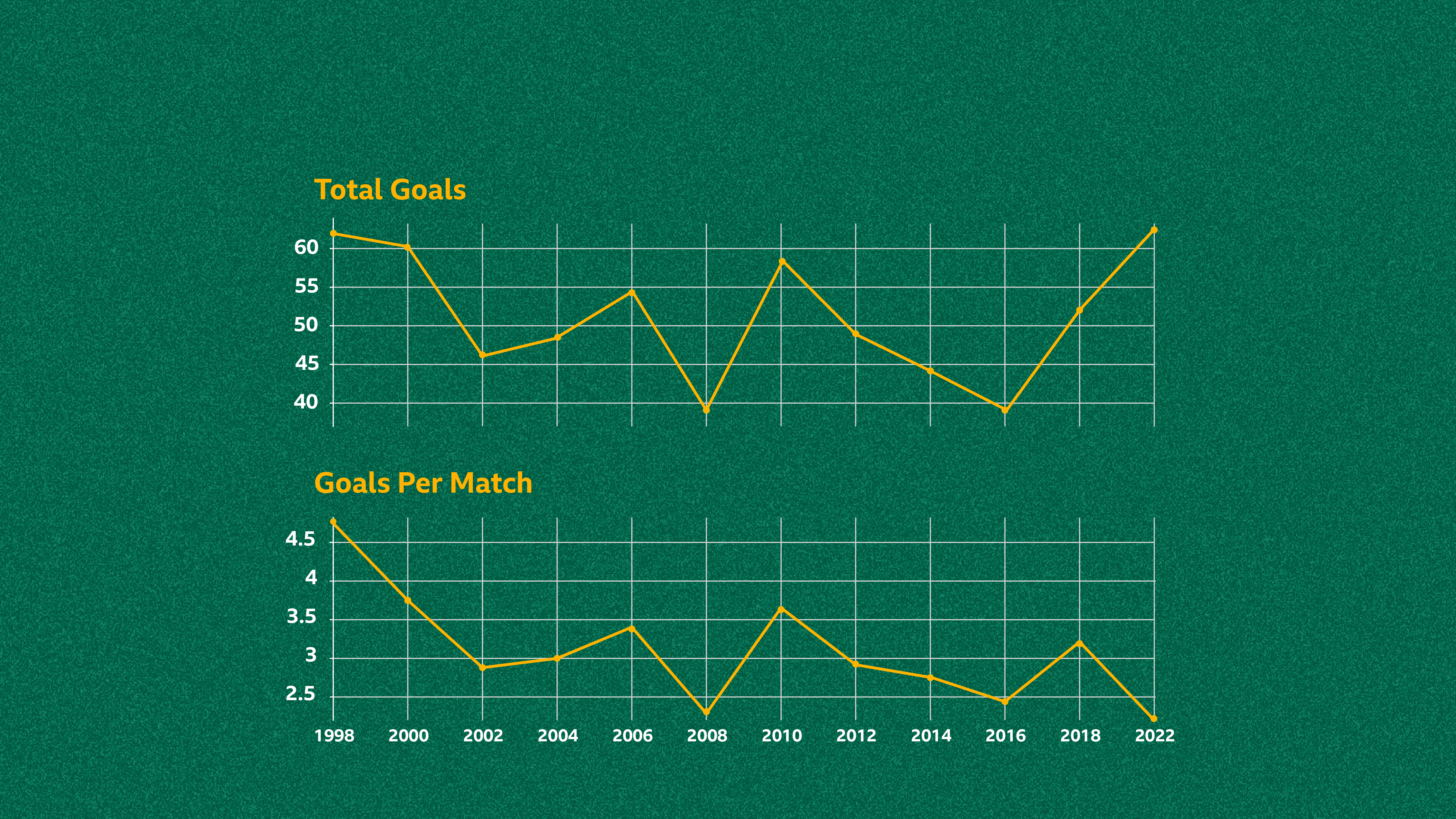
GOALS BY TOURNAMENT
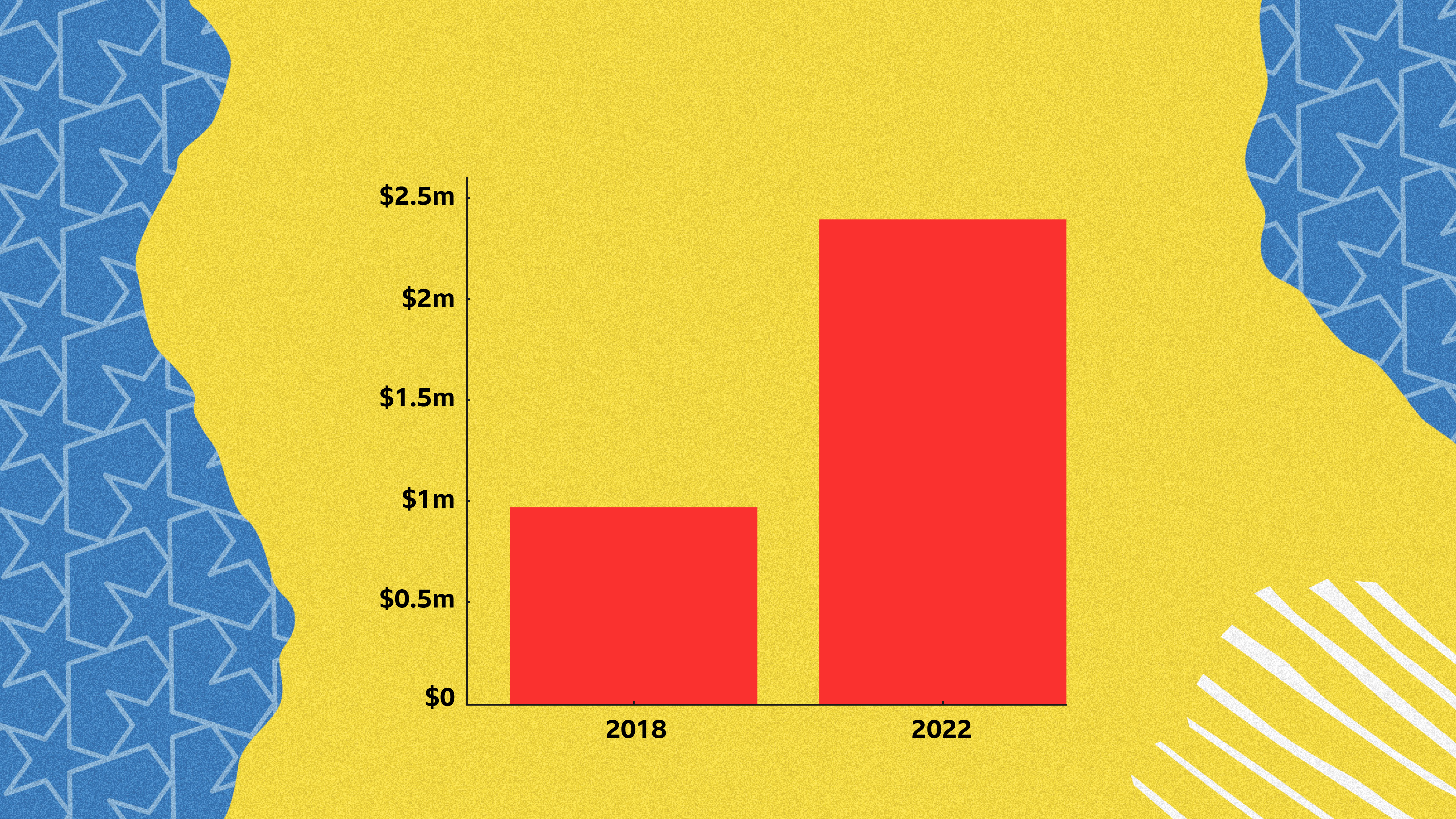
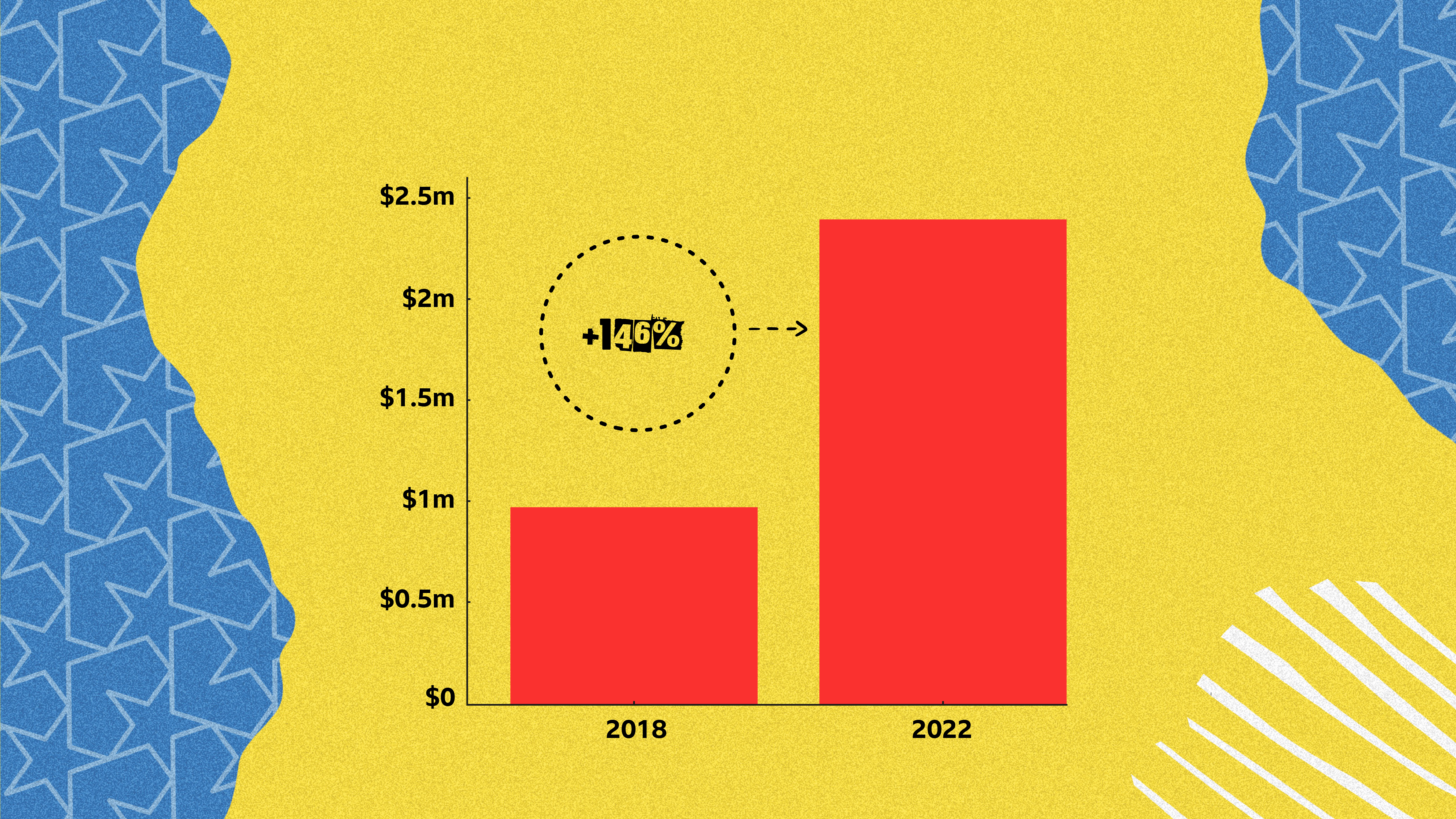

PRIZE MONEY
Last time out, total Wafcon prize money more than doubled, increasing from $975,000 (£720,000) in 2018 to $2.4m (£1.8m) in 2022. Winners South Africa received $500,000 (£370,000).
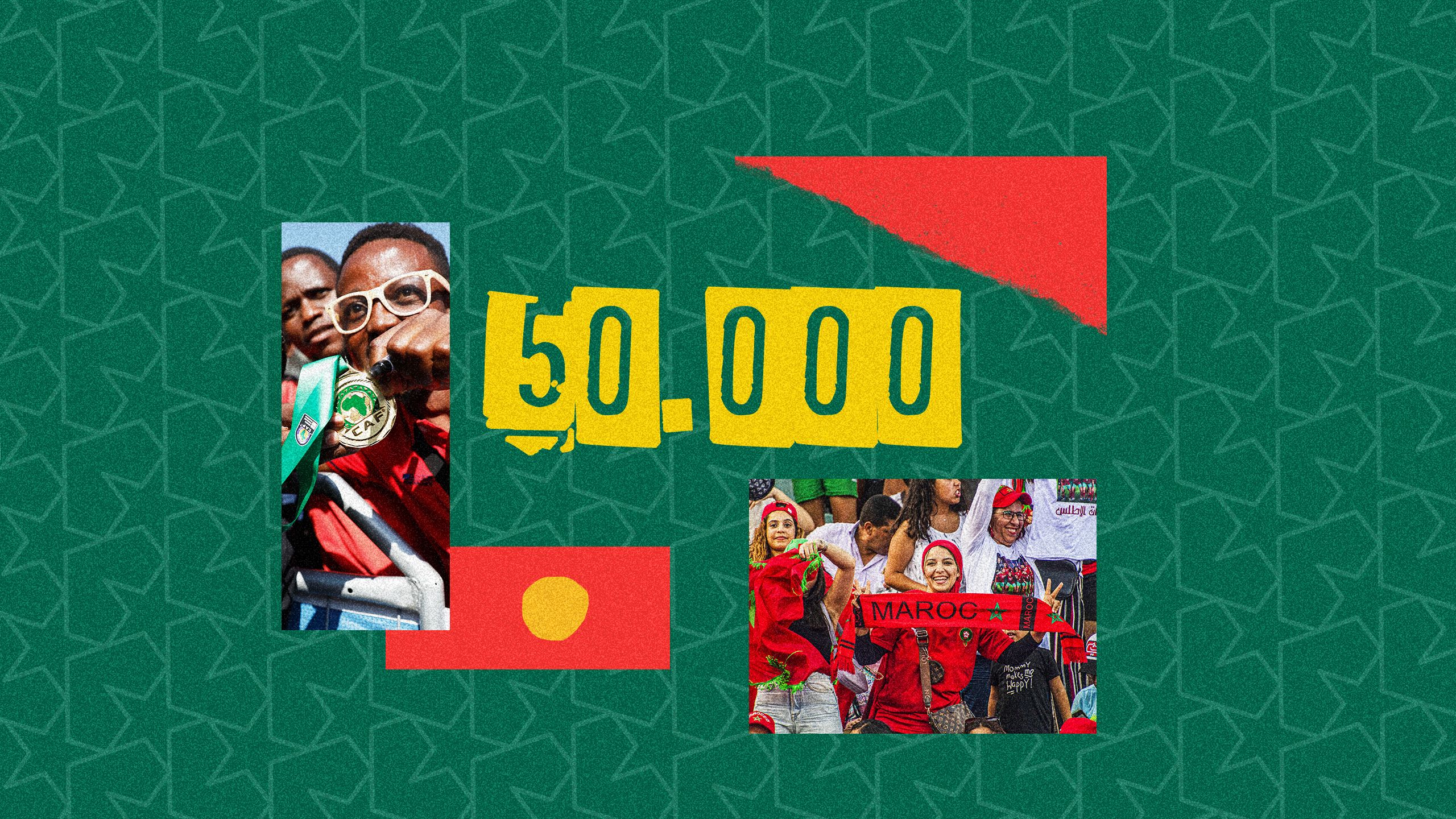


ATTENDANCE
More than 50,000 fans watched the 2022 final between Morocco and South Africa at the Prince Moulay Abdellah Stadium in Rabat - a record for a Wafcon match.
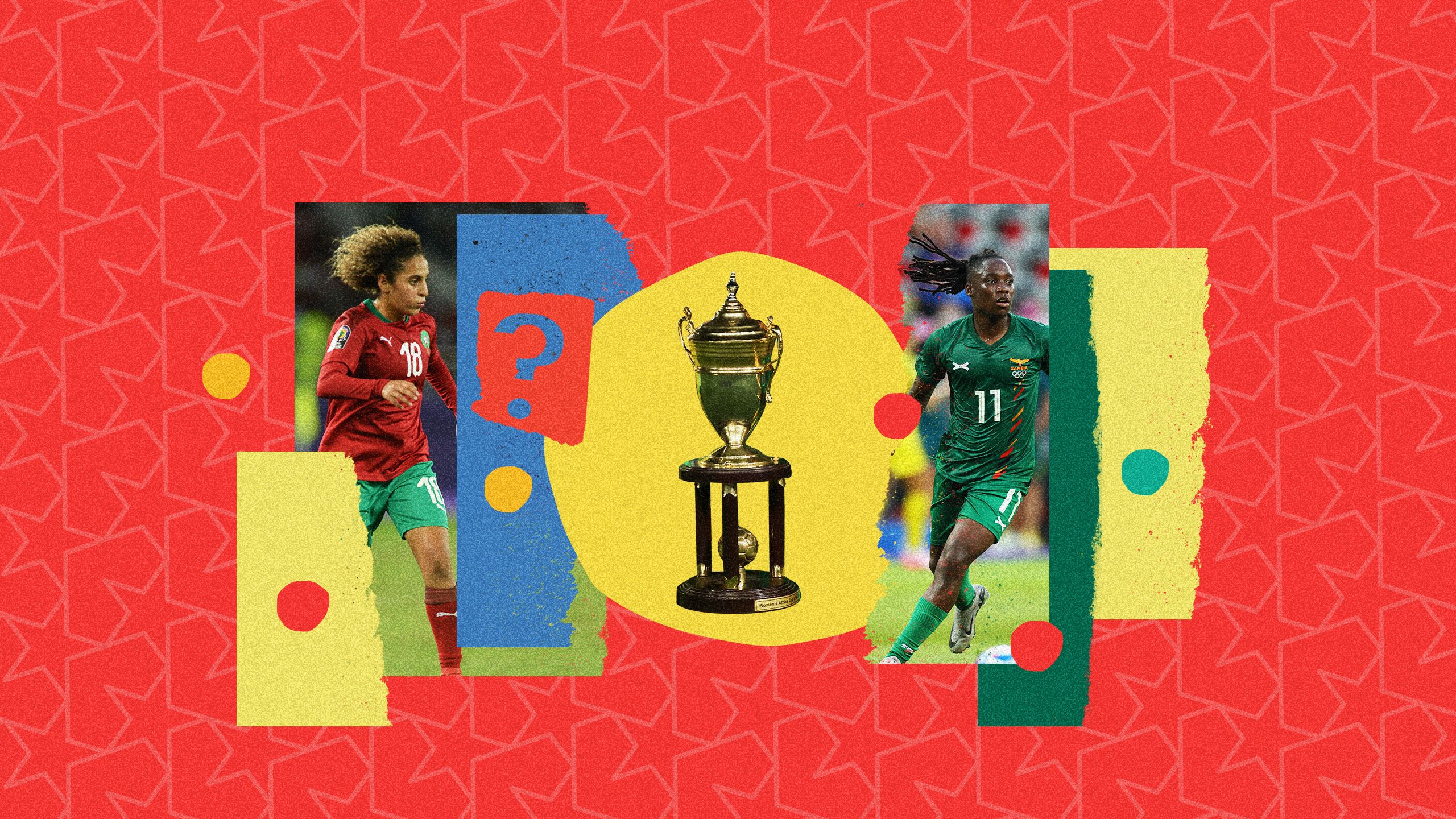
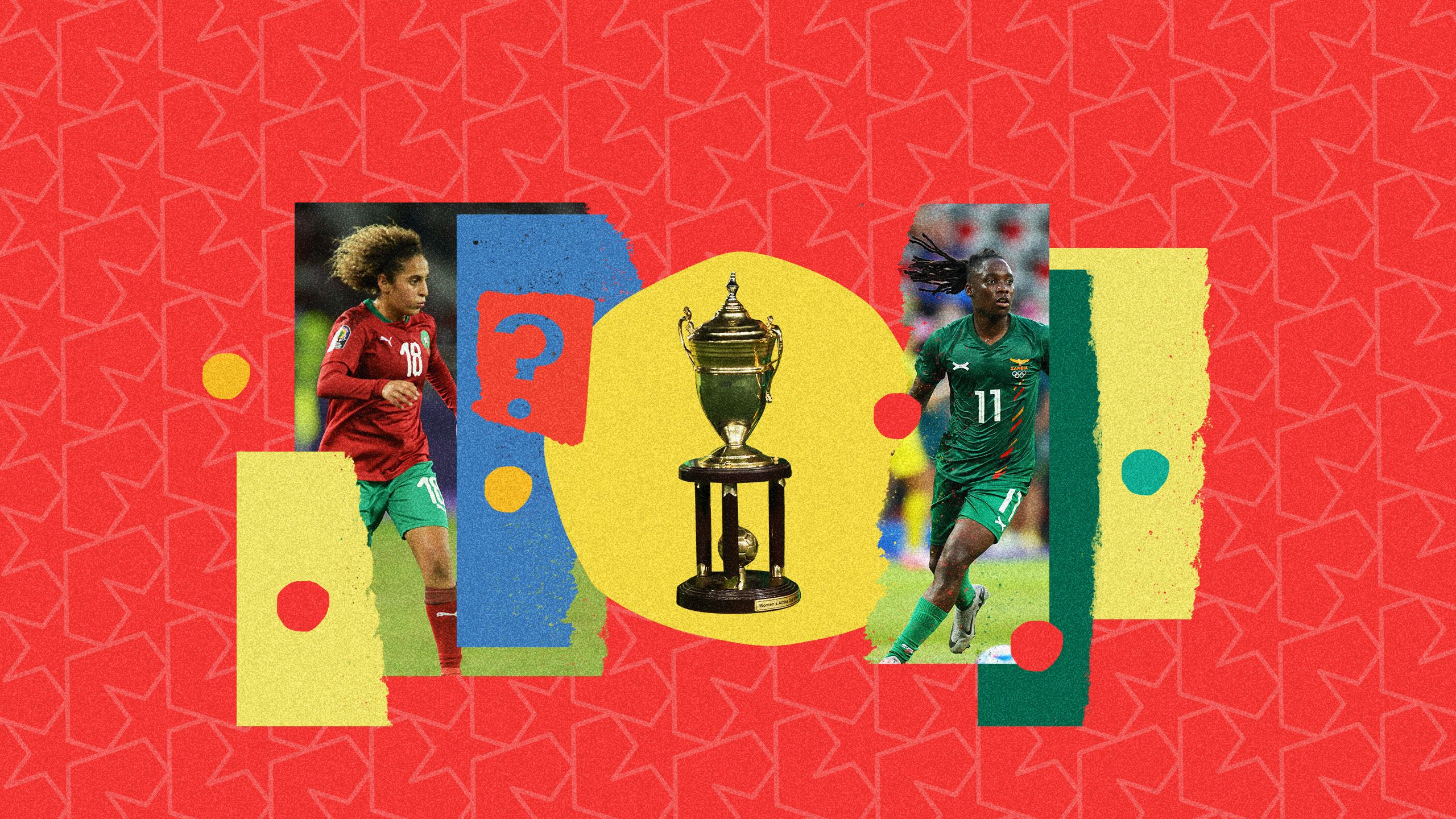
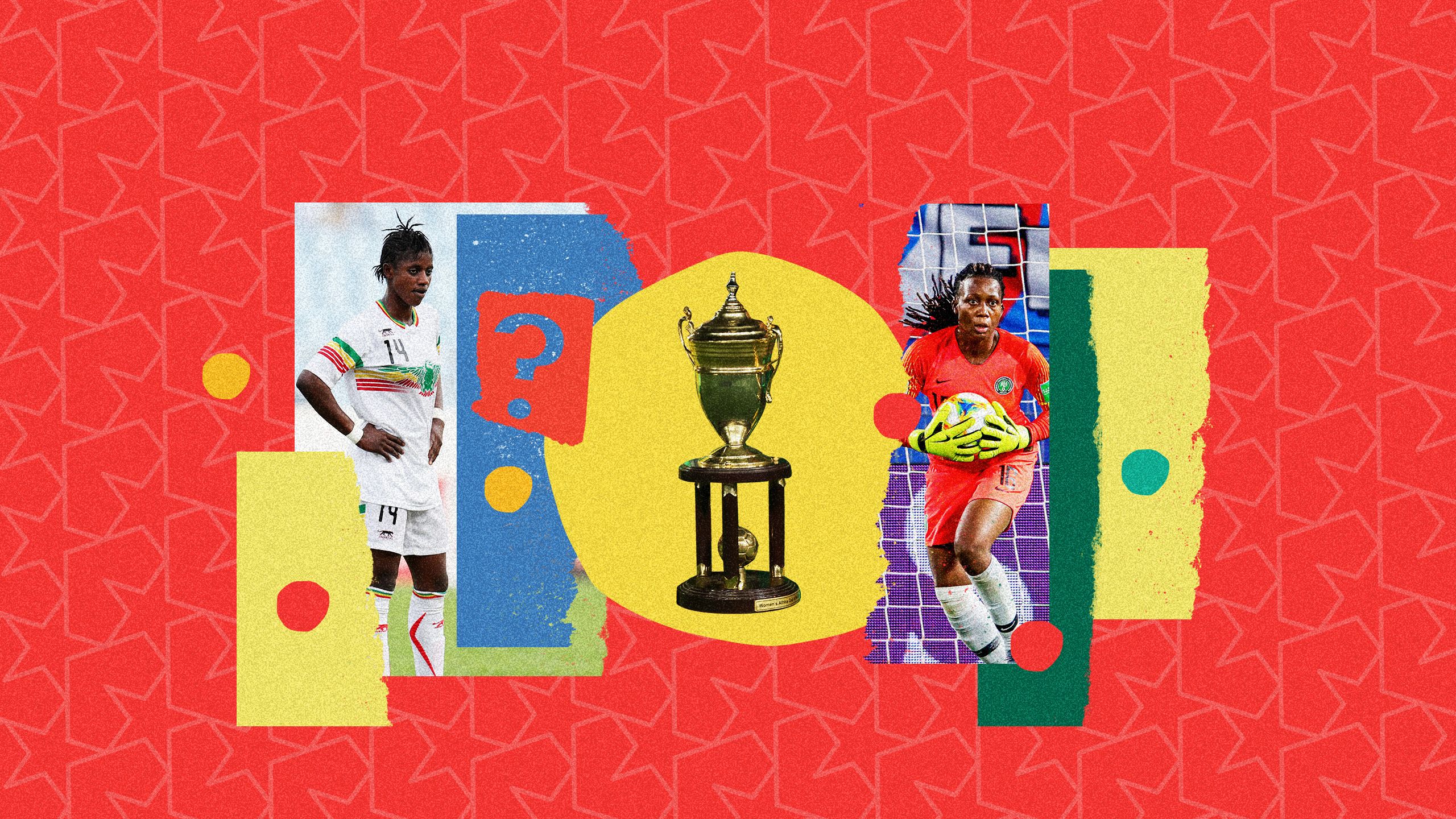

WHO WILL TRIUMPH?
All roads now lead to the Olympic Stadium in Rabat for the final on Saturday, 26 July.
This new 21,000-seater facility has been constructed as part of the wider redevelopment of the historic Prince Moulay Abdellah Stadium complex. The larger venue, which hosted the 2022 Wafcon final, is currently being rebuilt for use during the 2025 Africa Cup of Nations and the 2030 World Cup.
Morocco has invested huge amounts into football, so can the women’s team do their bit and claim a first Wafcon title? Nigeria, Zambia and holders South Africa are the other favourites looking to stop them.
Credits
Written by Ian Williams and Rob Stevens
Design by Thiago Braz
Additional research by Eshlin Vedan
Images: Getty Images and BackPage Pix

